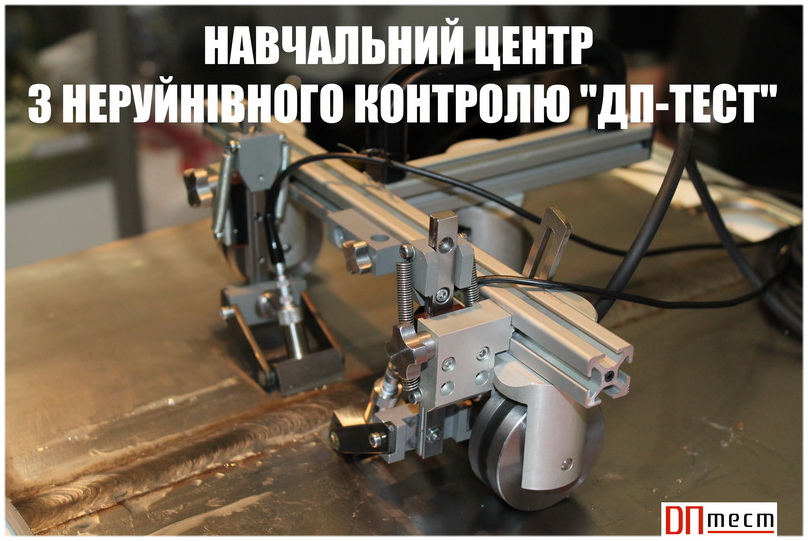The dissertation has a volume of 80 pages, the main part consists of an introduction, five sections, contains 29 figures, 25 tables, 4 annexes and 13 sources of literature.
The purpose of the research is to investigate the possibility of using the neural networks for decision-making process of mechanical impedance analysis.
The object of the research is the methods of machine learning for detecting flaws by mechanical impedance analysis of composite materials.
The subject of the research is the decision-making process based on the analysis of the informational parameters of the mechanical impedance defectoscope transducer.
In the first two sections of the dissertation, an analytical review of existing testing of composites, major flaws in them, and description of existing devices and systems that implement this method are carried out. Also the physical foundations of the mechanical impedance testing method is described.
The following sections reveal the process of forming an array of input data for research, the development and testing of the neural network, and graphs that show the dependencies of errors on the parameters of the neural network. To investigate the ability of the neural network to learn on the data and to further classification of the testing object’s area on the basis of the presence or absence of a defect, the creation and testing of the neural network was carried out using the Keras library based on the Python programming language, which confirmed the expediency of using this method of information processing in the mechanical impedance testing of compositional materials.
Research advisor: prof. Suslov E.
Abstract
The dissertation has a volume of 80 pages, the main part consists of an introduction, five sections, contains 29 figures, 25 tables, 4 annexes and 13 sources of literature.
The purpose of the research is to investigate the possibility of using the neural networks for decision-making process of mechanical impedance analysis.
The object of the research is the methods of machine learning for detecting flaws by mechanical impedance analysis of composite materials.
The subject of the research is the decision-making process based on the analysis of the informational parameters of the mechanical impedance defectoscope transducer.
In the first two sections of the dissertation, an analytical review of existing testing of composites, major flaws in them, and description of existing devices and systems that implement this method are carried out. Also the physical foundations of the mechanical impedance testing method is described.
The following sections reveal the process of forming an array of input data for research, the development and testing of the neural network, and graphs that show the dependencies of errors on the parameters of the neural network. To investigate the ability of the neural network to learn on the data and to further classification of the testing object’s area on the basis of the presence or absence of a defect, the creation and testing of the neural network was carried out using the Keras library based on the Python programming language, which confirmed the expediency of using this method of information processing in the mechanical impedance testing of compositional materials.









